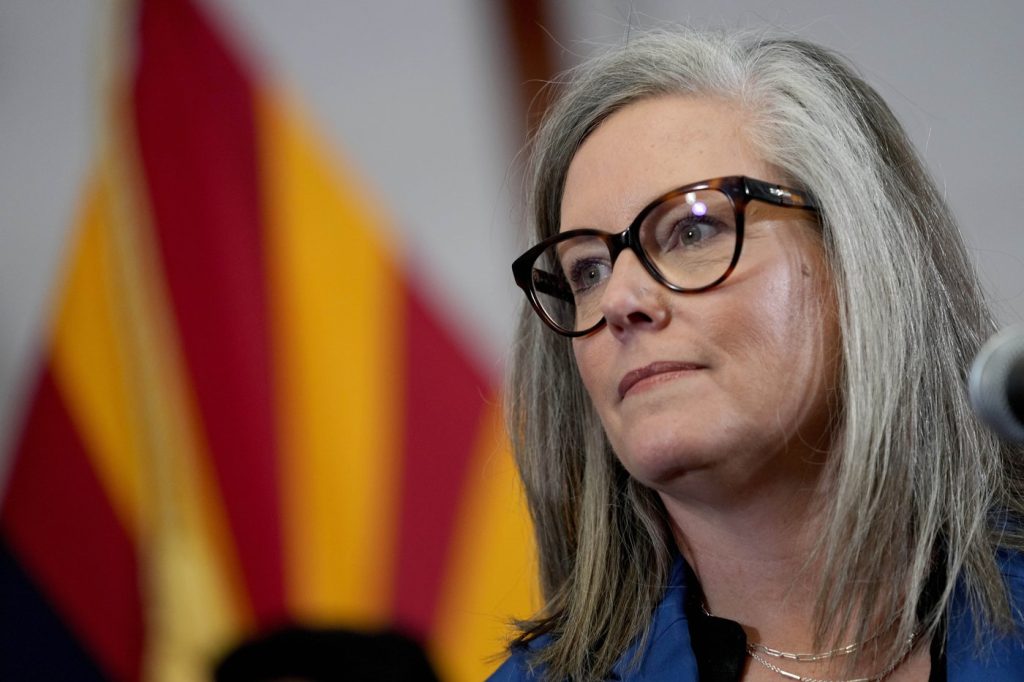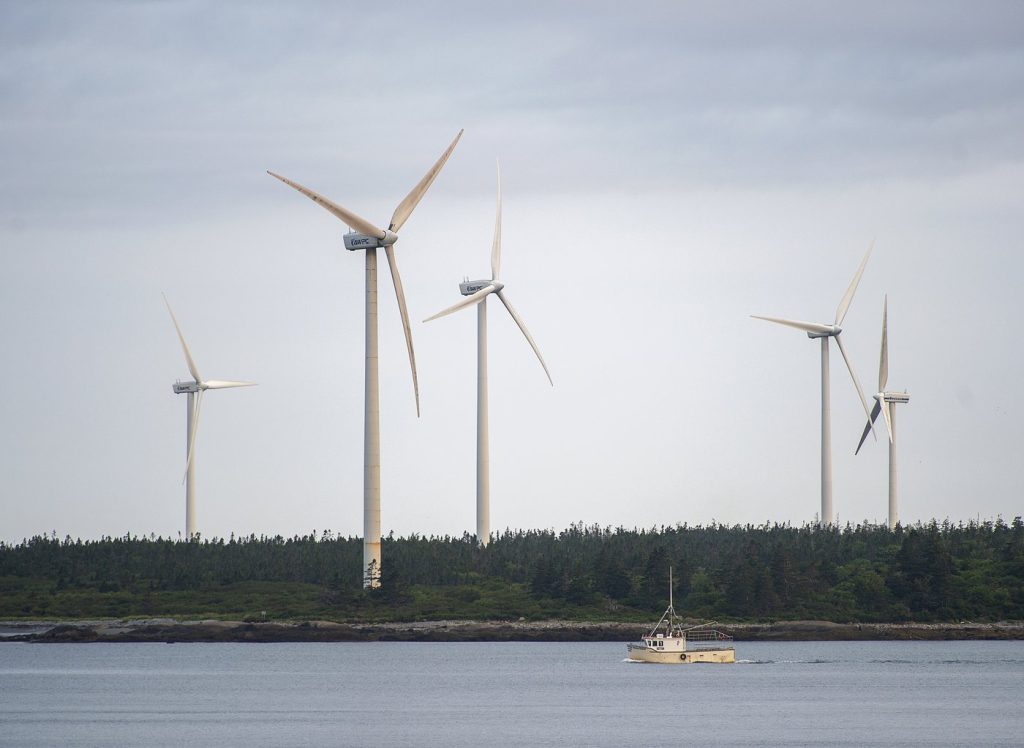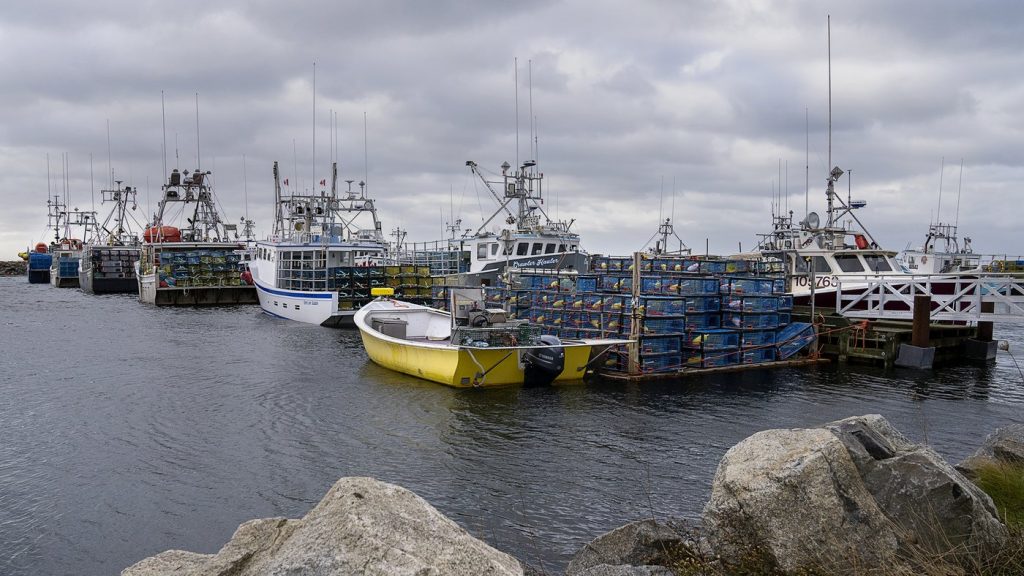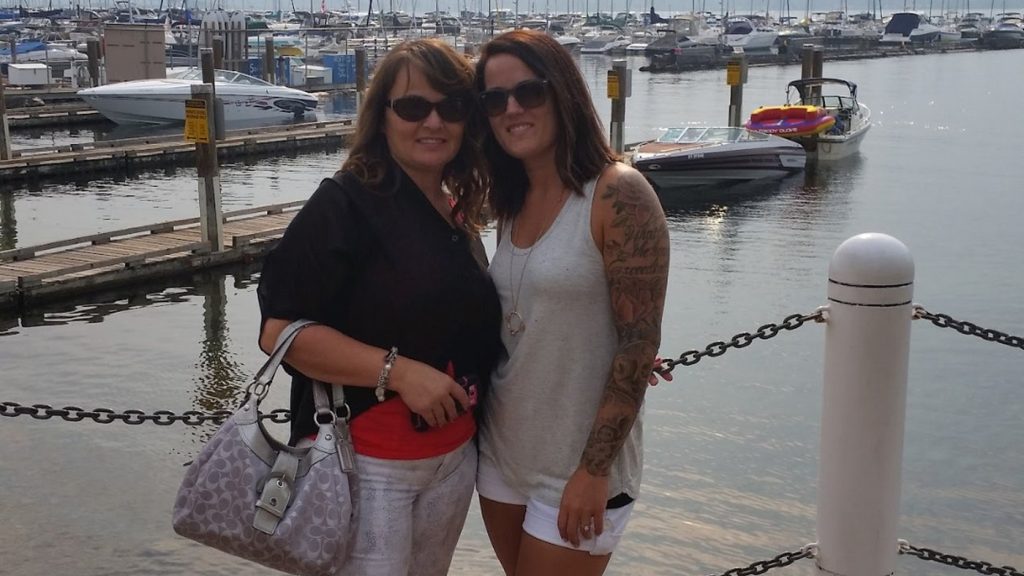Arizona’s Democratic governor faces uphill battle as Republicans keep tight grip on legislature

Posted Jan 13, 2025 01:03:42 AM.
Last Updated Jan 13, 2025 01:18:59 AM.
PHOENIX (AP) — Arizona Democratic Gov. Katie Hobbs knows she is outnumbered this legislative session, with Republicans having expanded their majorities in the statehouse after the last election.
But the first-term governor sees room for bipartisan compromise as she looks to advance policies that have long been stymied under the GOP-controlled Legislature.
While President-elect Donald Trump swept the battleground state, Hobbs noted in a recent interview with The Associated Press that Arizona voters also elected Democrat Ruben Gallego to the U.S. Senate, sending the message that they want their political leaders to work across the aisle to solve the thorniest of issues.
“The issues we’re facing — affordability for families, water security, protecting our border and keeping communities safe — those are not Republican or Democratic issues,” she said. “They’re just Arizona issues that our elected leaders, myself included, need to work together to solve.”
Hobbs, who will be up for reelection next year, is expected to outline her priorities when she addresses lawmakers at the start of the session Monday.
Here’s a look at key policy areas:
Border security
It was just two weeks after the November election when Hobbs visited the Arizona-Mexico border and vowed to work with Trump’s administration on issues like stopping fentanyl trafficking. But she also acknowledged some families are worried about the president-elect’s deportation threats.
While not wanting to speculate, Hobbs says Arizona will focus its limited law enforcement resources on keeping violent criminals off the streets, regardless of their immigration status.
Arizona voters last year approved a measure empowering local police to arrest people suspected of illegally crossing the border, so it’s unclear what new restrictions on immigration Republicans might push beyond ensuring adequate funding for law enforcement.
Water scarcity
Hobbs will look to pressure lawmakers again to plug regulatory holes to protect groundwater sources. Her calls last year to update the state’s water laws failed to win legislative approval, leaving her administration to take executive action in December to curb unchecked pumping in one rural area.
This time around, Hobbs is optimistic she can reach a deal with lawmakers on revamping groundwater regulations. In the absence of a pact, Hobbs says she won’t hesitate to act unilaterally.
The stakes are high as Arizona has grappled with long-term drought and needs to come up with a plan by the end of 2026 to manage its dwindling share of water from the over-tapped Colorado River.
Education
Reining in Arizona’s school voucher program remains on Hobbs’ wish list.
The program, which started in 2011 for disabled children and expanded to all students in 2022, lets parents subsidize private-school tuition and other educational costs with public money.
Hobbs and fellow Democrats have criticized the program, saying it contributes to a drain on the state’s coffers. Republican lawmakers have championed the program as a cornerstone of the school choice movement. The budget approved by lawmakers last year after weeks of negotiations with Hobbs’ office included only a small cut in spending for the program.
Unlike last year, the state isn’t facing a budget crunch. The latest revenue projection for the next fiscal year is up $231 million compared to the forecast last summer, according to legislative analysts.
___
Gabriel Sandoval is a corps member for the Associated Press/Report for America Statehouse News Initiative. Report for America is a nonprofit national service program that places journalists in local newsrooms to report on undercovered issues.
Sejal Govindarao And Gabriel Sandoval, The Associated Press








